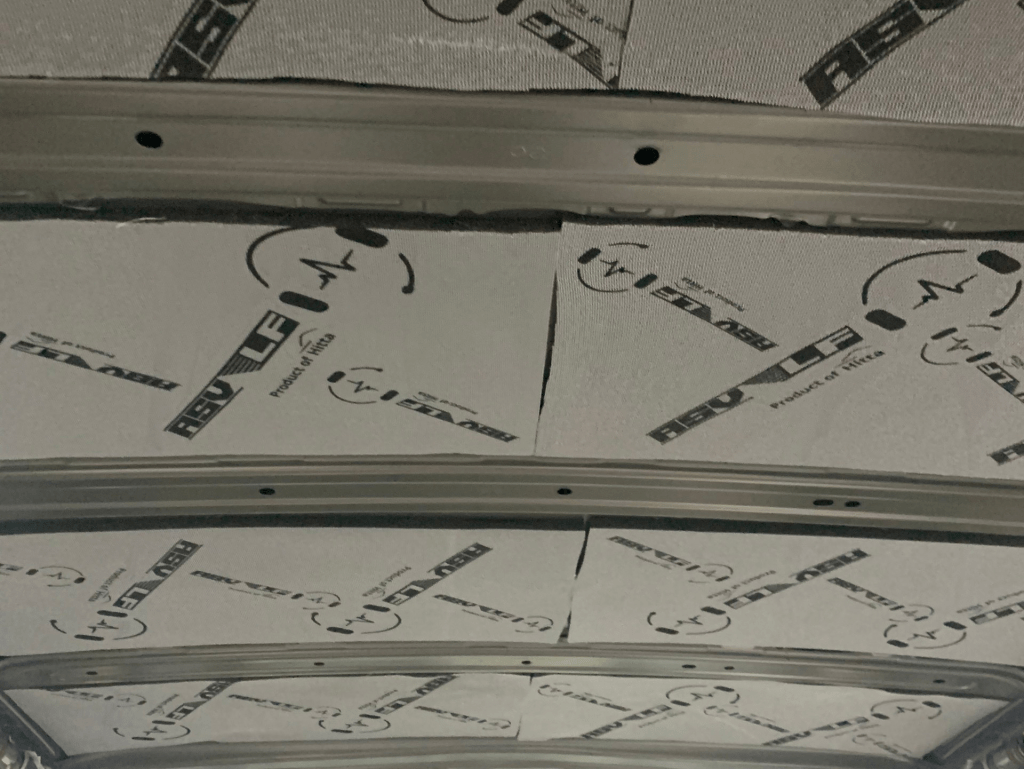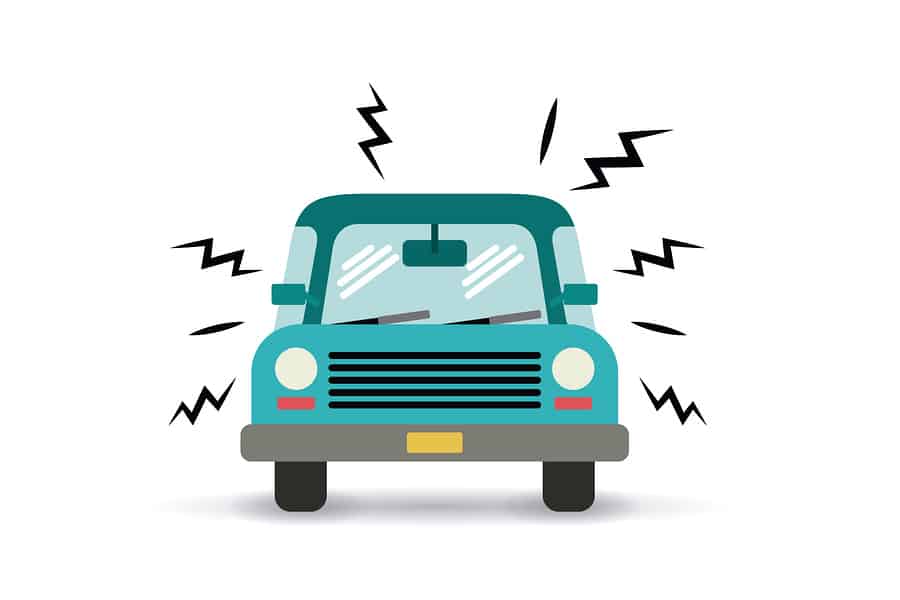Soundproofing and noise reduction for cars are currently among the main trends on automotive forums and are expected to remain popular in the near future. To answer the question of why cars need soundproofing, we need to analyze the following factors.
WHY IS SOUNDPROOFING NECESSARY FOR CARS? Let’s explore some common questions:
What types of cars should be soundproofed?
Except for high-end models, any car should be soundproofed. In fact, many luxury car owners still feel the need for soundproofing to reduce noise, which depends on each customer’s sound sensitivity.
Regarding the factors that lead to increased noise in cars, we can analyze the following:
Today, to increase competitiveness and optimize costs, manufacturers simplify the details in cars to make them lighter. This reduces fuel consumption and maximizes usable space inside the vehicle. As a result, steel parts and the car frame are also thinner and lighter, which leads to increased noise during use.
Especially in traffic conditions and infrastructure like in Vietnam, car owners not only use their vehicles for commuting. High-friction highways also cause annoying noise to enter the cabin. Additionally, cars are valuable assets and mobile homes. Therefore, making the ‘home’ comfortable and peaceful for users is very necessary, especially for those who spend a lot of time in their cars.

Causes of Noise Inside Cars

There are many causes of noise in cars, including:
- Friction between the tires and the road surface.
- Engine noise.
- Vibration of metal panels in the doors and undercarriage.
- Rain hitting the roof.
To develop a comprehensive soundproofing solution for cars, we need to understand important factors such as the causes of noise, soundproofing materials, effective construction methods, and how to soundproof without creating a droning noise in the car.
Currently, the global automotive industry is seeing an increased focus on car soundproofing, with noise level criteria now included in the evaluation of high-end car models. Having a quiet and comfortable ride is an essential need for customers.
Locations for Applying Soundproofing in Cars
Based on the causes of noise, experts recommend soundproofing the following areas in a car:
- Soundproofing the doors.
- Soundproofing the floor.
- Soundproofing the wheel wells.
- Soundproofing the trunk.
- Noise reduction on the roof.
These areas are the main sources of noise transmission into the cabin, causing discomfort for passengers. Soundproofing these locations will provide the best results. It is crucial to implement effective soundproofing methods, as outlined here:
Soundproofing the Doors

Soundproofing car doors helps limit external noise from entering and makes the speakers sound fuller and more robust. Due to the thin structure of the door panels, they transmit a significant amount of sound and vibration, which can interfere with the audio inside the car. Combining soundproofing and noise absorption on the doors can significantly reduce wind noise from outside.
Soundproofing the Floor and Trunk

The car floor acts as a barrier from the tires to the cabin and is prone to transmitting sound and vibrations due to its large metal panel structure. Soundproofing the floor can effectively reduce the noise from tire friction entering the cabin. The floor structure consists of large metal panels, and each car model has a different design with reinforced materials on the floor.
To optimize and limit the sound transmission from road friction, soundproofing the floor is essential. However, soundproofing the car floor requires completely removing the seats and interior, so it demands skilled technicians.
Soundproofing the Wheel Wells

The car floor acts as a barrier from the tires to the cabin and is prone to transmitting sound and vibrations due to its large metal panel structure. Soundproofing the floor can effectively reduce the noise from tire friction entering the cabin. The floor structure consists of large metal panels, and each car model has a different design with reinforced materials.
To optimize and limit the sound transmission from road friction, soundproofing the wheel wells is essential. However, soundproofing the car floor requires completely removing the seats and interior, so it demands skilled technicians.

Like the doors, the roof’s large, thin steel surface is prone to generating noise due to vibrations, wind, and rain. Additionally, the roof is directly exposed to sunlight, so the material used must be highly heat-resistant and provide good insulation.
What Benefits Does Car Soundproofing Offer?
- Noise Reduction: The primary benefit and a key reason many people choose soundproofing is to reduce noise. Selecting the right soundproofing materials can significantly improve noise reduction.
- Enhanced Audio Experience: Many people enjoy listening to music or audio during their journeys. Soundproofing helps improve the quality of the car’s audio system by reducing resonant noise from the car body.
- Increased Safety: Noise from the engine, road, or other vehicles can be distracting while driving. Soundproofing reduces these distractions, enhancing safety by allowing the driver to focus better.
- Corrosion Protection: Properly applied soundproofing materials adhere well to metal surfaces and prevent oxygen from reaching the metal, thereby inhibiting corrosion.
- Thermal Insulation: Soundproofing materials also have insulating properties, which help keep the car cooler in hot weather.

Cách âm ASV-1102 Pro dày 2.5 mm
Cách âm ASV-1102 Pro 2.5 mm là sản phẩm cách âm có cấu tạo vật liệu từ cao su Butyl với khả năng dập tắt âm thanh và rung động cùng với lớp nhôm dày hơn có khả năng phản xạ âm thanh tốt được ứng dụng cho ngành ô tô.
Ứng dụng: Cách âm ô tô ASV-1102 Pro dày 2.5 mm có chức năng hấp thụ sự rung động và âm thanh cho: Cửa xe, Trần xe,…
Cấu tạo
<img class="alignnone wp-image-231386" sr…

